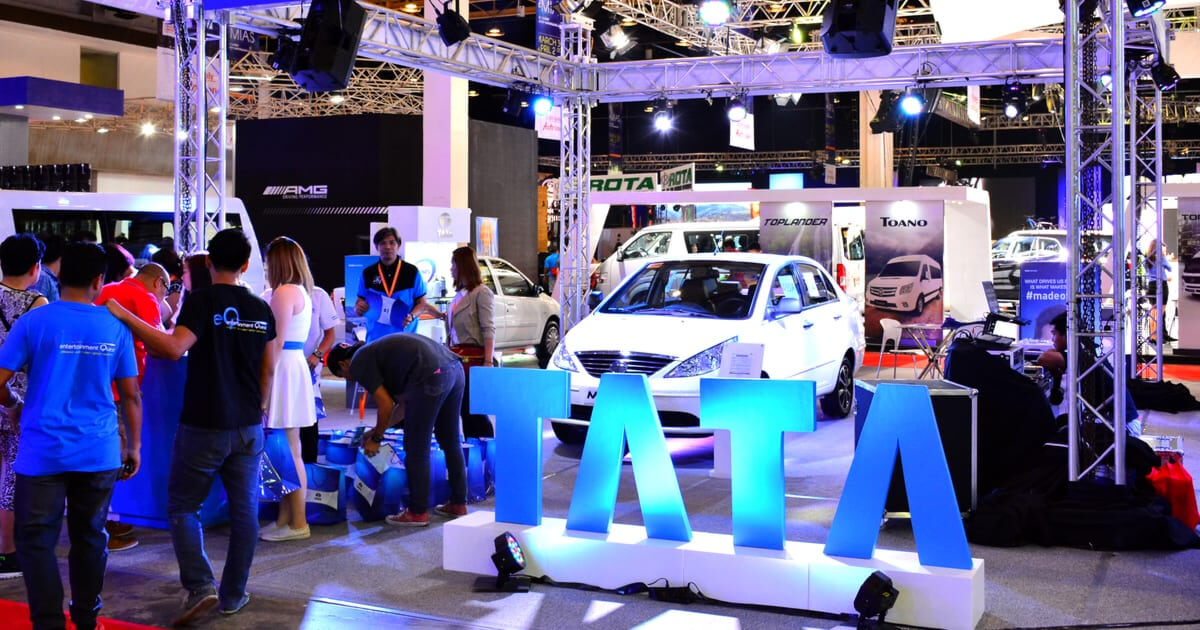Tata Motors Seeks Blockchain-Enabled Automotive Solutions via TACNet 2.0
Brian Njuguna Sep 19, 2019 02:00
Tata Motors seeks to get blockchain-based solutions through a program deemed TACNet 2.0.

A program titled TACNet 2.0 (Tata Motors AutoMobility Collaboration Network 2.0) by Tata Motors, an Indian automotive manufacturer, has invited blockchain-based solutions in different areas. They include validating original spare parts, monitoring fuel quality in real-time, and developing demand prediction algorithms.
The President of Electric Mobility Business & Corporate Strategy at Tata Motors, Shailesh Chandra, has asserted that blockchain technology is crucial in propelling efficiency in the automotive industry.
Chandra stipulates:
“Today, almost every segment of the automotive value-chain is required to drive its own innovation story. In the current age of uncertainty and speed of change, the above effort of sourcing solutions will need to be driven both through in-house initiatives as well as collaborating with external partners.”
Tata Motors has been at the forefront of being innovative, as evidenced by the partnerships it has fostered with startups. For instance, in June 2018, this company bought a 26% stake in TruckEasy, a logistics startup, that functions as Uber, but centered on trucks.
Blockchain Adoption in the Automotive Industry
Different players in the automotive sector have appreciated the incredible potential availed by blockchain technology. As a result, it has been embraced by several stakeholders.
For instance, in August 2019, Mercedes-Benz adopted the services of Platon, a blockchain solutions firm, in the storage of data and calculation of used business cars’ prices.
Volvo has also embraced the production of cobalt electric cars mapped on a blockchain network to show that the materials used are not attained through conflict and child labor.
On the other hand, blockchain technology is propelling environmental friendly approaches. For instance, it is being used to trace the conversion of ocean plastics into eco-fabrics.
Image via ShutterstockImage source: Shutterstock
.jpg)